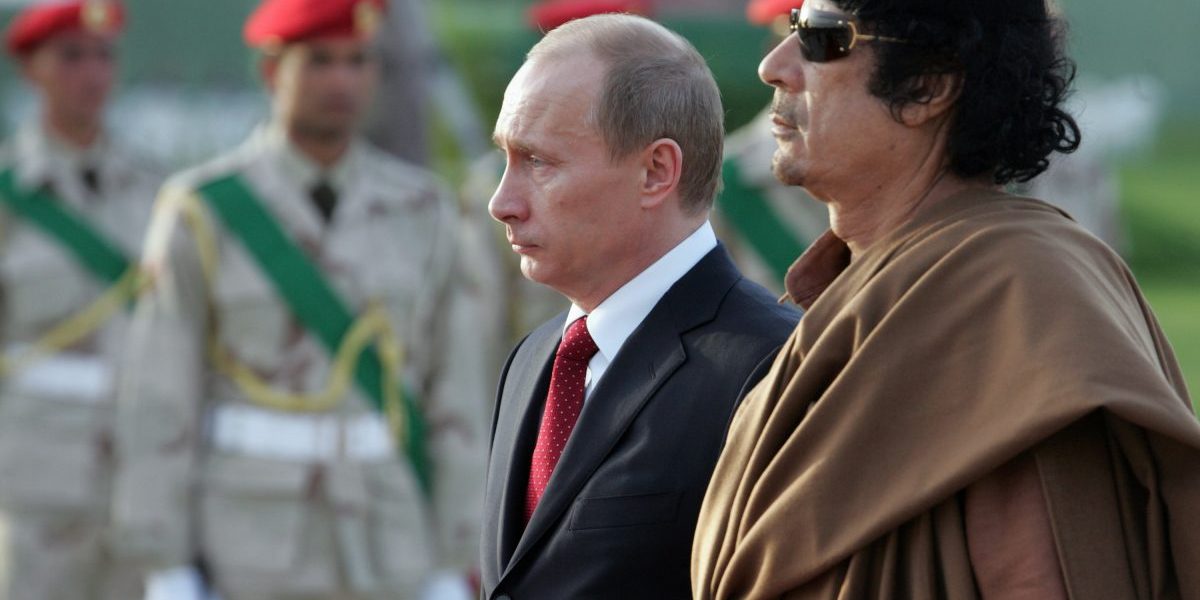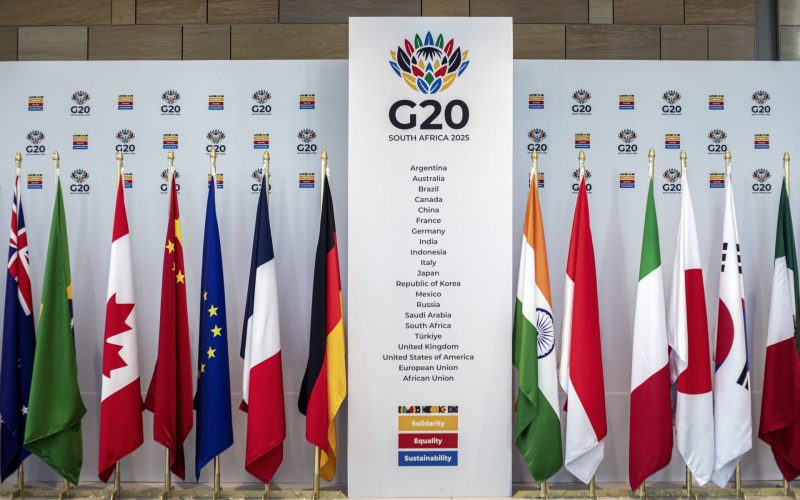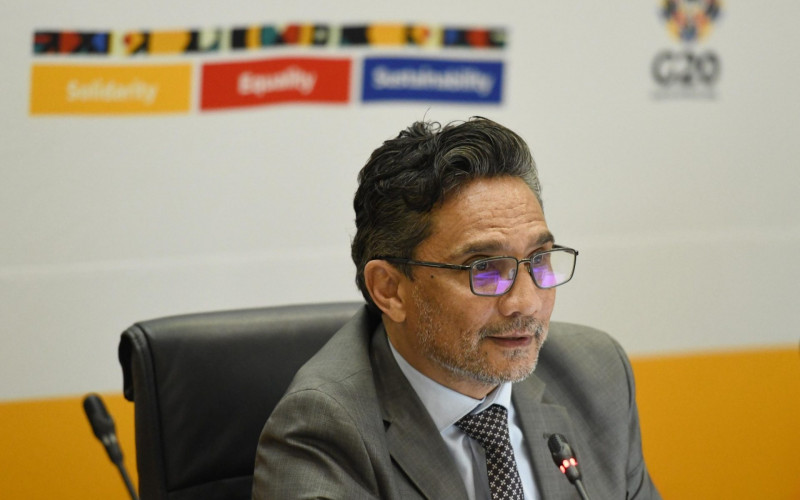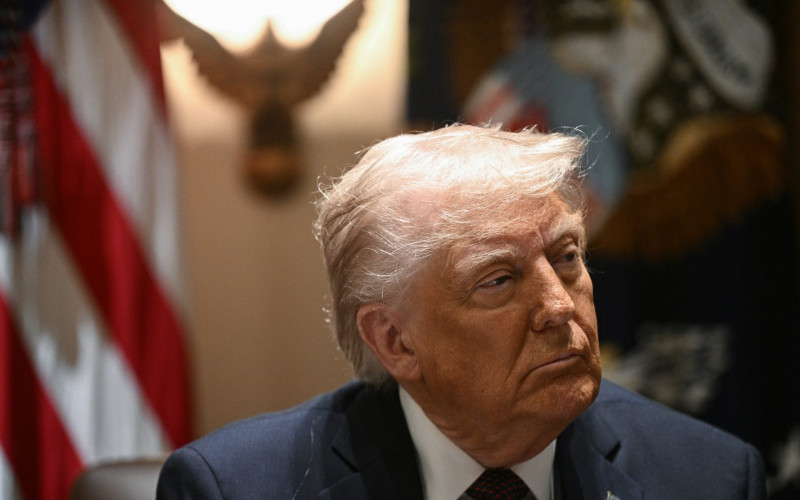For the second time in just two months, Libya’s elections have been postponed, with no indication of when a new date will be set. The country has remained divided among rival factions following the ousting of dictator Muammar Gaddafi in 2011. External powers – including Russia, Egypt, Turkey and the United Arab Emirates – have also played a role in what is now being described as a “proxy war”.
Moscow enjoyed friendly relations with Tripoli during the Gaddafi years and was a staunch critic of the North Atlantic Treaty Organisation’s military intervention in 2011. For Russia, the events of 2011 and the turmoil that has plagued Libya since point to the failure of Western foreign policy and serve as justification for its presence in the north African country.
But there’s more to Russia’s activity in Libya than anti-Western rhetoric. In recent years, the Kremlin’s multifaceted approach to building influence in Libya has served to secure Moscow a seat at the negotiating table irrespective of the outcome of any election.
Private military contractors and disinformation linked to the Kremlin
For some years, the main division in Libya was between the UN-recognised Government of National Accord in the west and a parallel House of Representatives backed by Khalifa Haftar, commander of the Tobruk-based Libyan National Army, in the east. Both were replaced by a Government of National Unity (GNU) in March 2021, paving the way for a presidential election in December 2021. Foreign mercenaries and armed groups were meant to have left Libya, but many remain.
While Russia has remained engaged with the UN-sponsored conflict resolution process, and maintains good working relations with the GNU, private military contractors (PMCs) linked to the Kremlin have been supporting Haftar since at least 2016 (although they had largely non-combat roles to begin with). Most notably, about 1,000 fighters belonging to the Russian Wagner Group supplemented Haftar’s army between 2019 and 2020.
Officially, the Kremlin denies any connection to Wagner despite strong evidence that suggests the group is deeply intertwined with the government.
Russia has also unofficially thrown its support behind Saif al-Islam Gaddafi, son of former leader Muammar Gaddafi. Saif is long suspected of having ties to the Kremlin. He applied as a candidate in the presidential election but was disqualified from running after Libyan authorities issued a warrant for his arrest due to alleged collaboration with Russian mercenaries.
Disinformation campaigns linked to the Kremlin also saw a host of social media accounts posting polarising content online. They would praise Saif as a stabilising actor, for example, while criticising the UN-backed GNU. The accounts presented themselves as domestic voices but were based outside of Libya.
While this approach may seem counterintuitive, it mirrors Russia’s attitude towards conflict elsewhere in the region. Libya (and north Africa) is strategically important for Russia. It forms part of Russia’s efforts to maintain a permanent naval presence in the Mediterranean and is key to cultivating important partnerships in the region.
By hedging its bets, Russia is leveraging the instability to grow its influence in Libya: it wants to show support for leaders favourable to Russian interests, erode Western influence in the region and reinforce its own stature on the global stage. As seen in Syria, Mali or Afghanistan, Russia seems to thrive in situations of instability.
‘Let Libyans decide for themselves’
Growing security concerns and disputes over the eligibility of candidates saw the postponement of Libya’s December election.
Russia was perhaps the external power most supportive of the postponement. In a December 2021 interview with an Egyptian television channel, foreign minister Sergei Lavrov said Russia’s priority was not meeting a “formal deadline” but making the elections a substantive process “so that all political forces can take part and have no problem with recognising the final outcome”.
“Let Libyans decide for themselves,” he said. Indeed, there are good reasons to postpone an election.
While it has been suggested that Russia’s position is linked to the exclusion of Saif from the ballot, one cannot overlook the very real challenges that led to the postponement. Apart from the unclear rules regulating the process, there is uncertainty around which authorities will be granted which powers, and how, if at all, personnel from the various militias will be integrated into state security institutions.
Also, the 2017 draft Constitution, which provides the legal foundation for the election, was never approved. So, while it is hoped that a new date for elections will be set soon, many of the details still need to be finalised.
Slowly does it
There have been several calls for dismantling armed groups in Libya. Once an official government is in place, these calls will no doubt increase. France, for example, is adamant that Russian PMCs be withdrawn “without delay”. But Russia has inserted itself in a way that will likely guarantee its military presence in Libya even after the election.
By continuing to deny any connection with Wagner and other PMCs, the Kremlin can wash its hands of any responsibility to remove armed groups from Libya.
At the same time, military relations between Russia and the Libyan Army are growing. Chief of Staff Mohamed Al-Haddad spent five days in Moscow in July 2021. And in November, a Russian military delegation travelled to Tripoli to “continue to develop relations” and reaffirm Russia’s “readiness to work with and support the Libyan army”, according to Colonel General Alexei Kim, deputy commander-in-chief of the Russian Ground Forces. Haddad in turn has recognised the role of the Russian military in “the restoration of the Libyan army”.
Should the GNU, currently in talks with Haddad on unifying the country’s military formations, officially invite a Russian presence, the Kremlin would have gained further ground in Libya. In January 2022, a move by the UN Security Council to renew the mandate of the support mission in Libya was blocked by Russia, and a much shorter “technical” extension was granted instead.
By incrementally increasing its influence over decision-makers in this way, Russia is securing its position and interests in Libya. This comes as Russia continues to make further inroads on the continent in currently unstable countries, including in the Central African Republic, Mali and Sudan.







